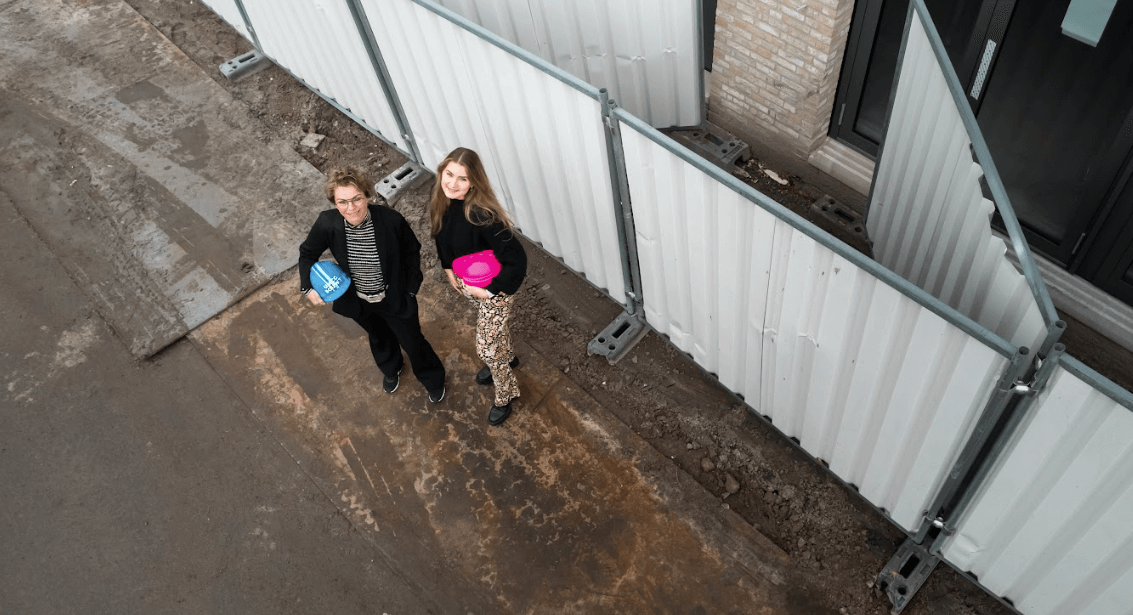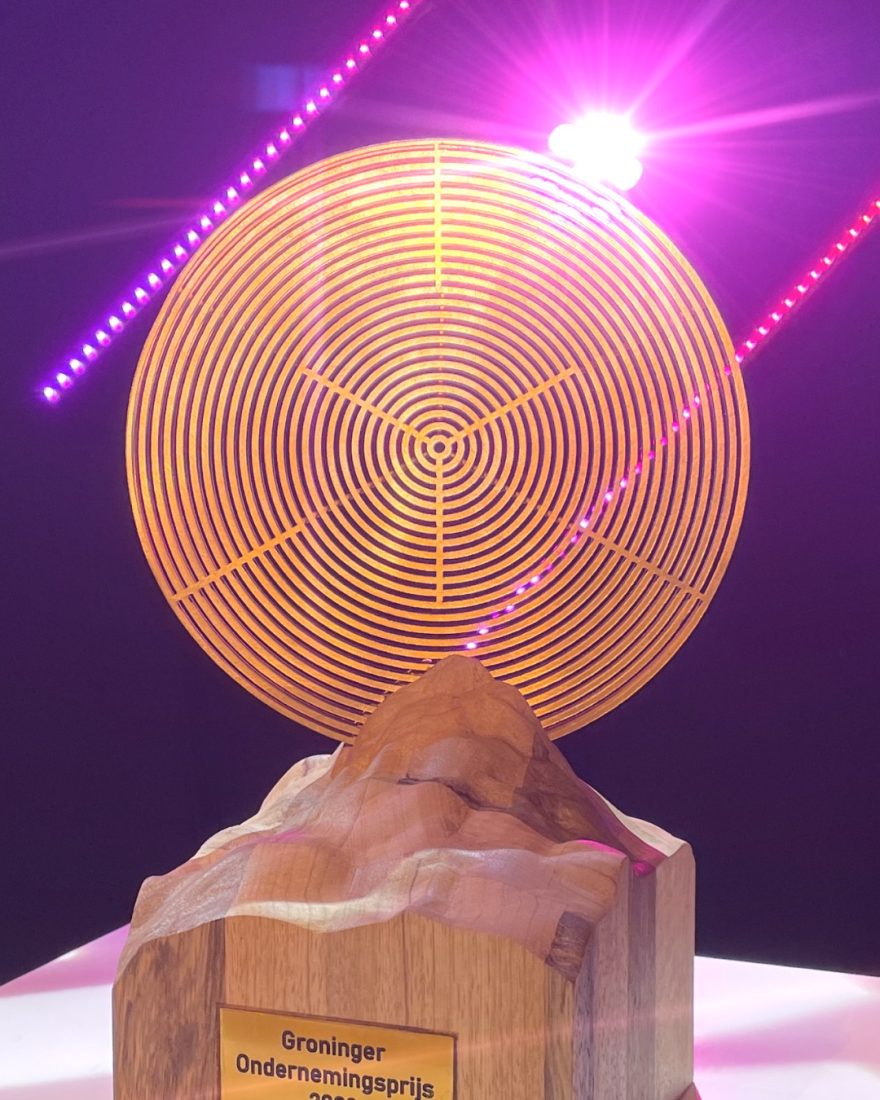Assistant professor Sports

Job description
The position of assistant professor Sports, Human Movement, and Data Analytics focusses on the use of advanced statistics and Artificial Intelligence (AI) in the domain of Sports and Human Movement. Due to technological advancements, such as wearable sensor devices, automatic tracking systems, video-based motion analysis, and global positioning systems, large and diverse amounts of data are collected to measure and understand human movement and human performance. Typical research domains in sports are related to game analyses in (team) sports, team dynamics, decision-making, monitoring training load and recovery, injury prevention, and talent development. To analyze these data, more advanced statistical methods, machine learning and AI are needed. Our ideal candidate combines expertise in the domain of sports and human movement with a strong background in data and computer sciences. Teaching activities will consist of courses in big data in sports and human movement, methods and statistics, and programming skills, next to supervising bachelor and master students in graduation projects, reviews, and academic assignments. Research should focus on the analysis of big data in sports and human movement. In addition, the candidate will play a key role in supporting colleagues by providing guidance on the application of advanced data analytics techniques in their research and teaching. The UMCG is an equal opportunity and family-friendly employer, and values diversity of talents.
Working environment
Department of Human Movement Sciences, UMCG
The assistant professor (UD) Sports, Human Movement and Data Analytics will be housed within the Department of Human Movement Sciences of the University Medical Center Groningen (UMCG) and the Faculty of Medical Sciences of the University of Groningen (UG). The main goal of the Department is to develop knowledge about the mechanisms of human movement and human performance and to apply this scientific knowledge to optimize human movement and human performance in healthy and clinical populations over the life span (More Healthy Years).
Education
The Department offers the bachelor’s degree program Human Movement Sciences, two 2-year master’s degree programs, one in Human Movement Sciences (HMS) and one in Sports Sciences (SpS) and Minor programs in Sport Sciences and Public Health. Approximately 850 students, along with over 35 PhD students, form the heart of the ‘learning’ community in a stimulating academic, clinical and social environment. Our programs are ranked the best in their field over the past years and students are very satisfied with the learning facilities of our Department (National Student Survey 2024).
Staff and students
The Department consists of a team of competent, dedicated, and enthusiastic scientific staff and educational support staff. In addition, a highly trained ‘Technical Support’ team maintains and supports the HMS lab facilities, consisting of equipment, software, and laboratories. Each member of the scientific staff (full professors, associate professors, and assistant professors) is appointed both as lecturer and researcher. All scientific staff members devote 50% of their appointment to teaching, 40% to research, and 10% to management. Education and research are inseparable; it ensures that the most recent scientific findings and views are taught in up-to-date teaching. As an academic community, we attempt to establish strong links between research and teaching and between staff and students. Our students are educated as ‘active learners’ to stimulate commitment and responsibility.
Research
Research and education of the department is organized along three ‘Field of application’-lines: Sports, Rehabilitation and Healthy Aging. The successful applicant will join the Sports line. Research themes across these lines are neuromechanics, exercise capacity, active lifestyle& daily functioning, and complex systems. Research is conducted in the lab and/or the clinical setting of the UMCG or community settings in the fields of application. The department's research falls within the SMART Movements program of the Health in Context research institute of the UMCG. Over the last decade, research output, including high impact publications, grants, awards, successful PhDs, and societal impact of research has maintained a high international standard.
What do we need
- PhD degree in human movement sciences, sport and exercise sciences, data science, or computer sciences with a specific focus on sports and human movement.
- Research expertise in one or more of the scientific domains of sports and human movement with a focus of data analytics.
- At least one-year post-doc experience.
- Excellent statistical, computational, and analytical skills.
- Excellent programming skills, e.g., in MATLAB, Python and/or R-software.
- Teaching qualification and/or experience in teaching in the domain of sport and human movement sciences, including supervision of students at the bachelor and master level and teaching courses at bachelor and/or master level.
- Excellent research record in one or more of the scientific domains of sports and human movement with a focus of data analytics demonstrated by: Original research papers in peer-reviewed academic journals, other research output in terms of methods, algorithms, patents, social contributions, post-doctoral experience, in (international) academic environments other than where the PhD was obtained.
- Demonstrated ability to collaborate with external stakeholders, such as sports organizations, health institutions, policymakers, and industry partners, to translate research into practice in areas such as interventions, training, policy, and advisory roles.
- Preferably, experience with acquisition of external research funding.
- Team player and demonstrable organizational qualities and communication skills.
- Language proficiency: Fluency in English, both written and spoken. Fluency in Dutch, both written and spoken, is considered an advantage, but should be reached within two years from appointment.
What do we offer
The UD position (0.8 - 1.0fte) is a permanent position. Expected starting date at the latest January 1st, 2026. Based on a full-time appointment, at the level of UD, the salary will be a maximum of € 6.594, - gross per month (UD2, scale 11) or € 7.424, - gross per month (UD1, scale 12). The exact salary will depend on the applicant’s qualifications and relevant experience.
Additionally, the UMCG offers an 8% holiday allowance, an 8.3% year-end bonus.The conditions of employment comply with the Collective Labour Agreement for Medical Centres (CAO-UMC).
- a letter of motivation.
- a curriculum vitae including e.g., outputs of research, teaching, and societal impact.
- a complete list of publications, including the 5 “best papers”, preferably with copies.
- a 2-page research statement of research accomplishments and future research focus and goals.
- a 1-page teaching statement.
- a list of three references with contact information (including e-mail addresses).






